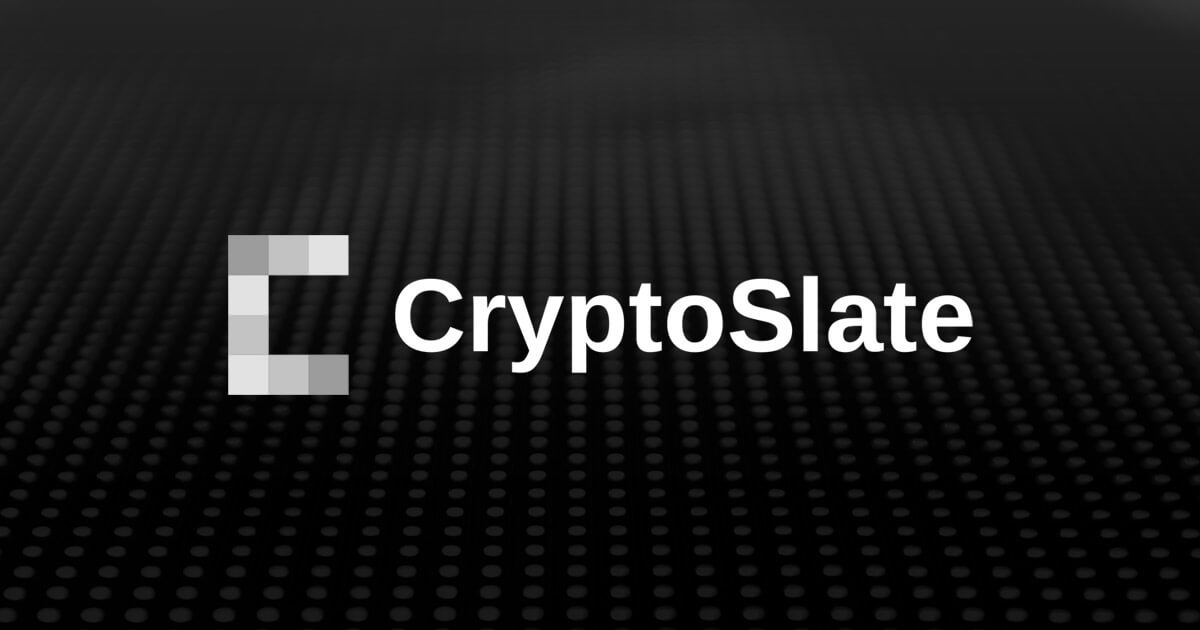Authorities in the United Arab Emirates have officially refuted claims that digital asset investors now qualify for the country’s long-term Golden Visa.
The clarification comes after social media reports suggested a new residency pathway had emerged for crypto users, particularly those involved with the Telegram-related TON token.
UAE rejects TON’s golden visa
In a joint statement released on July 7, three major regulatory bodies, including the Federal Authority for Identity, Citizenship, Customs and Port Security (ICP), the Securities and Commodities Authority (SCA), and the Virtual Assets Regulatory Authority (VARA), denied any such initiative.
The ICP clarified that the Golden Visa is limited to individuals who meet specific eligibility criteria, such as real estate investors, entrepreneurs, scientists, and exceptional talents. Digital asset holders do not currently fall within that framework.
The SCA added that virtual assets are regulated under a separate legal structure unrelated to the Golden Visa program.
VARA echoed this, stating that no digital asset initiative grants visa privileges in the country. It also confirmed that TON is not licensed or authorized to operate within the UAE’s regulatory environment.
The authorities urged residents and prospective applicants to rely solely on licensed firms and to consult official government portals for accurate and up-to-date program information.
‘Aggressive marketing’
The news generated significant online discussion. Binance founder Changpeng Zhao (CZ) described the initial TON announcement as “aggressive/misleading marketing.”
According to him:
“You can pay $1k (in most major cryptos) to an agent to submit an application for a golden visa. No guarantees, but if you are worth your salt, there is a high chance you will get it.”
The controversy stems from TON’s announcement of a new Golden Visa pathway for crypto investors over the weekend.
According to its promotion, individuals could gain a 10-year residency in the UAE by staking $100,000 worth of TON tokens and paying a one-time processing fee of $35,000.
The project claimed that tokens would be locked for three years using a transparent, non-custodial smart contract. This would allow users to retain ownership and earn between 3% and 4% annually.
TON framed this as a more accessible route compared to traditional options, which often require real estate investments exceeding $500,000.

